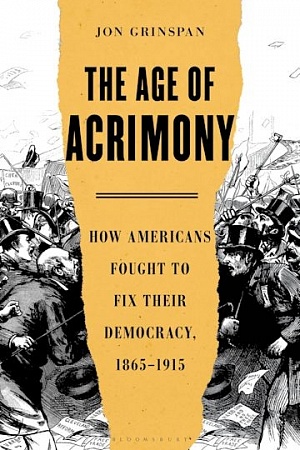Stalin, Volume I: paradoxes of power, 1878-1928
Allen Lane, $59.99 hb, 963 pp, 9780713999440
Stalin: new biography of a dictator
Yale University Press (Footprint), $71 hb, 408 pp, 9780300163889
Stalin, Volume I by Stephen Kotkin & Stalin by Oleg V. Khlevniuk and translated by Nora Seligman Favorov
How dissimilar two books on the same topic can be: one expansive and apparently unconstrained by word limits, the other constrained and economical; one following a simple chronological narrative, the other an admirable adaptation of literary techniques of multi-layered story telling. Both are political books, but the politics are as different as the personalities of the authors. Stephen Kotkin is a professor at Princeton whose fame dates back to his study Magnetic Mountain: Stalinism as a Civilization (1995), which argued that ideology needed to be taken more seriously by historians. It inspired an entire school of history writing. For those outside this school, Kotkin became notorious for his scoffing at the archival work of colleagues who had succumbed to the perversion of 'archival fetishism'. Old school leftists tut-tutted at his undisguised neo-liberalism, which saw Stalinism as a somewhat extreme version of the welfare state.
By contrast, Oleg Khlevniuk is a less divisive figure, at least in the West. He has no school, no chair at a prestigious university, no grand theory. A senior research fellow at the Russian State Archive and at the Higher School of Economics in Moscow, he is the most accomplished historian of high politics under Stalin. Politically, he battles the rising neo-Stalinism in today's Russia, and he does so by disciplined presentation of evidence. Nobody knows the archives like this humble scholar who, despite his undisputed mastery of the sources, takes pains to acknowledge the work of those who came before him.
Continue reading for only $10 per month. Subscribe and gain full access to Australian Book Review. Already a subscriber? Sign in. If you need assistance, feel free to contact us.














Leave a comment
If you are an ABR subscriber, you will need to sign in to post a comment.
If you have forgotten your sign in details, or if you receive an error message when trying to submit your comment, please email your comment (and the name of the article to which it relates) to ABR Comments. We will review your comment and, subject to approval, we will post it under your name.
Please note that all comments must be approved by ABR and comply with our Terms & Conditions.